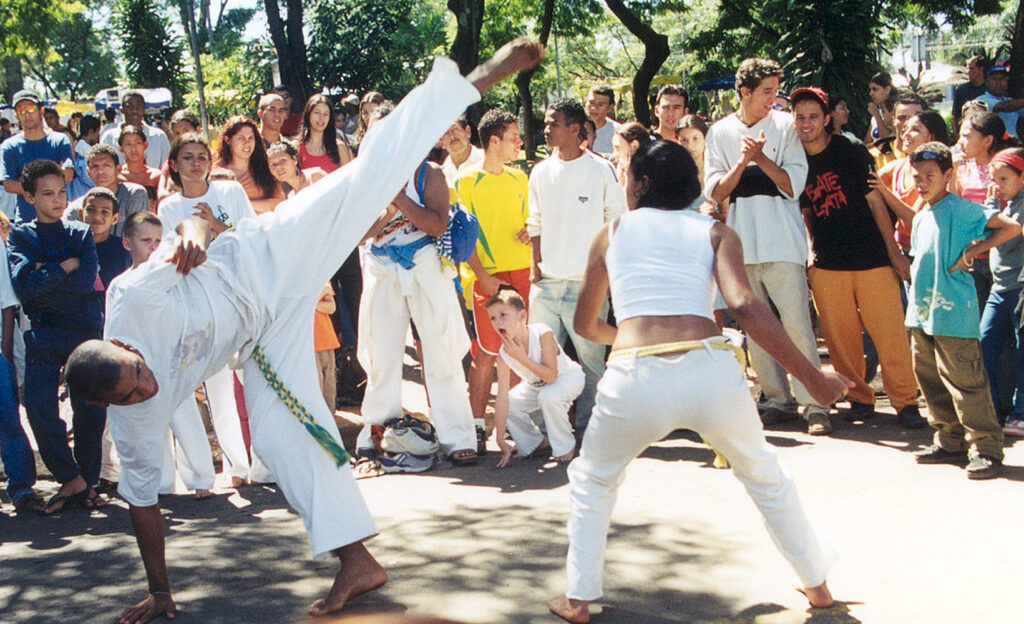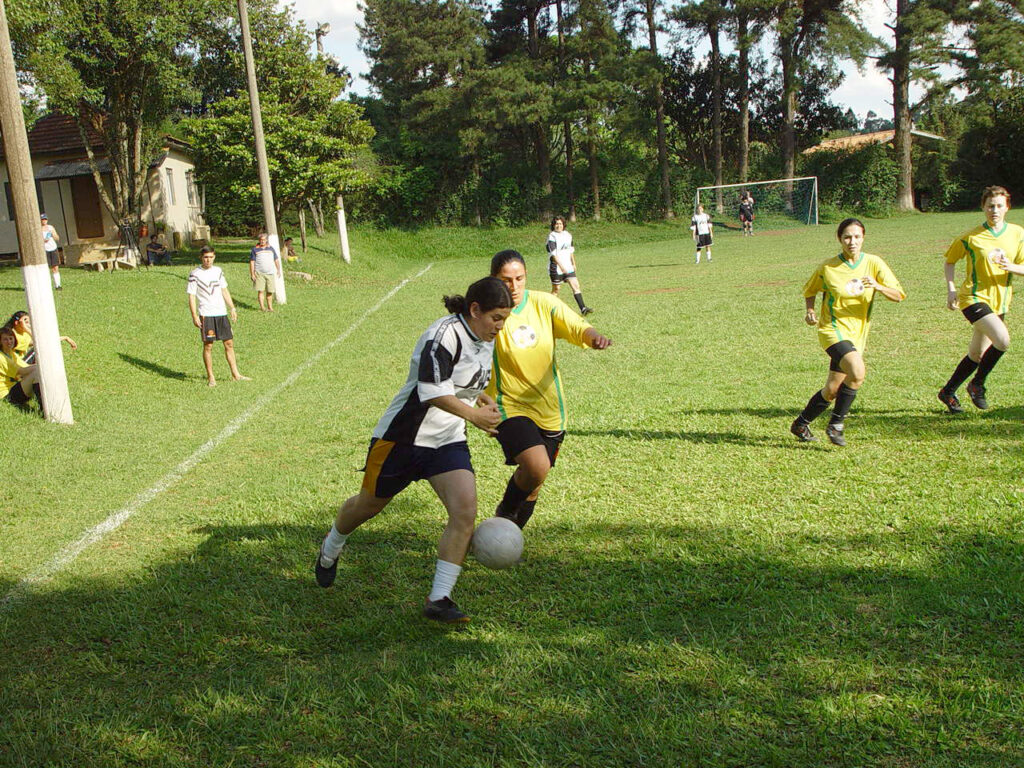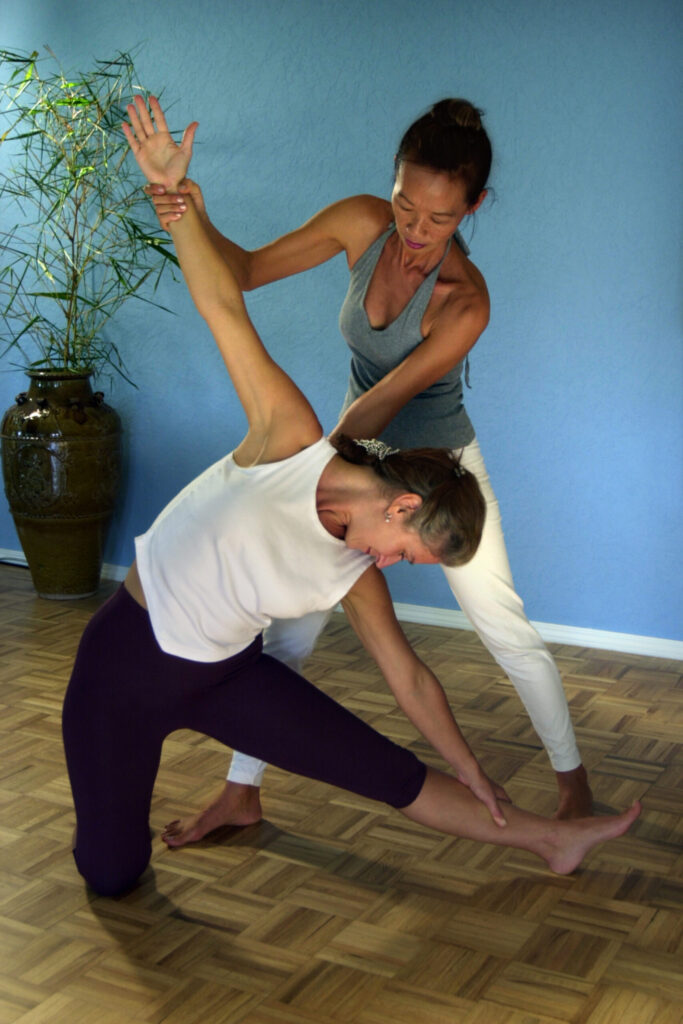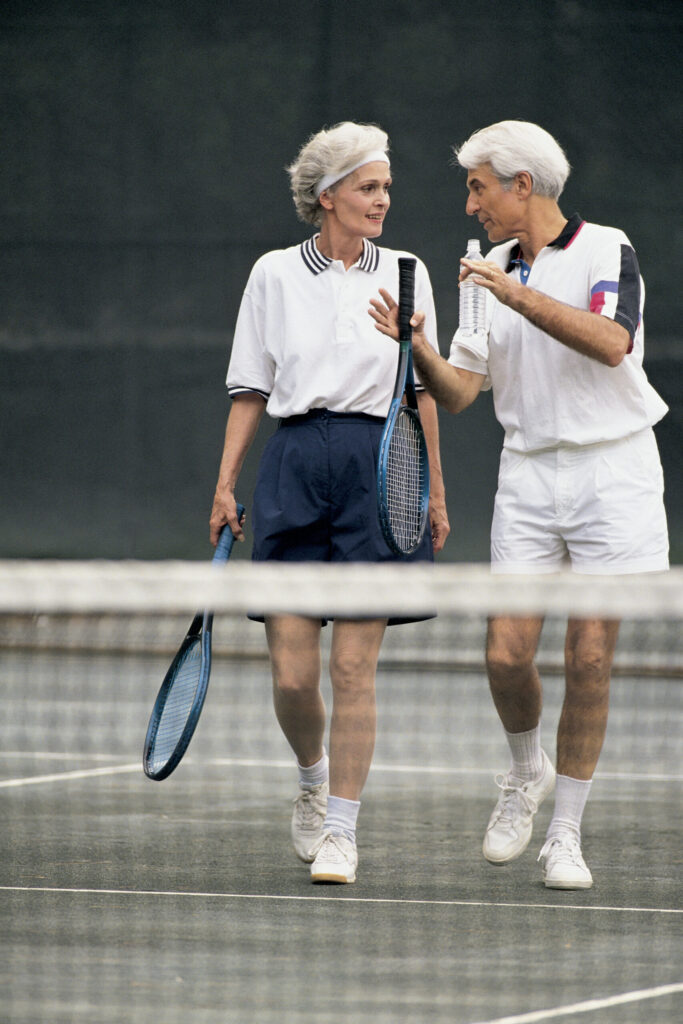Other ways to exercise for fitness & mental health

Photo by svilen001 on Freeimages.com
READING TIME 9 MINS
Exercise for fitness and good mental health
Think outside the box!
This article is about other ways to exercise to improve your fitness and also your mental health. I write about the alternatives – because we often overlook non-gym based options.
You may be someone who is fit or looking to get fitter but bored with what you do. Or you might be exploring the thought of boosting your mental health by giving your fitness a boost? Perhaps you’re currently mentally strong and want to match your physical health with your robust mental attitude – I swear one leads to the other, whichever comes first; the physical or psychological side. Maybe you’re researching how to meet people in your area in an organic way. Or maybe you’re someone who is being proactive with your ‘moving on’ stage after a relationship breakup and feel a little of all the above.
Embarking on a fitness habit you enjoy is the key to success, whatever your desired outcome. This guide will help you to think outside the box for practical ideas to put you on the path to better fitness – and keep you there.
You know your mental health matters….
For those who are not yet feeling mentally strong enough to start getting active, at least you’re here searching for answers. And that is start. There are countless articles on why exercise is not just good but important for our mental health. You can find a Mental Health Foundation article here to explore this further.

Sport or exercise?
An important component of overhauling your fitness is finding your thing. If you don’t enjoy it, you’ll struggle to keep doing it. And what if you don’t know what to do or how to do it? Where do you start? Let’s take it back to the basics. Activities to keep fit can be put into two categories – sport and exercise.
Sport means doing something that could be taken to a competitive level. Sport is usually organised and can be reliant on achieving an outcome outside of your fitness (ie winning), such as athletics, pitch sports, racquet sports, martial arts. Alternatively exercise focuses on improving what is happening to your body. By doing a sport, you can combine the two as you will usually have to train, ie do exercises, to improve your performance.
The reason why I write about sport and exercise is because often people think getting fit equates to pounding/cycling the streets or being in a gym/class. I did the latter for 25 years – weight training, yoga, LBT classes, spin classes, Pilates, boxercise and many others. I did them but they bored me and, apart from weights, I switched disciplines on a regular basis.
It was only when I discovered the sport of rowing, in a boat not indoor, that I found my thing. See my post why you should row where I unapologetically bang on about how great it is! Rowing can be recreational, but as a competitive rower, I also need to do weight training and use a rowing machine (aka erg) to improve my chances of winning. The same goes for other sports; you should do training outside of the sport so you can improve and to help avoid injury. You fulfil the exercise part of getting fit within the sport.

However…
There is a caveat to sport; if competing you may push through your limits for the goal of winning and this is where injuries can happen. Injuries are the opposite of what you want to achieve if looking to improve yourself. Some sports are easier on the body than others; rugby v rowing (high impact v low impact). Explore what’s available, what appeals and what suits your physical type. There are sports to which work for certain body shapes. People classed as ‘overweight’ should look at indoor rowing where being heavier is an advantage. (See my post on indoor rowing.)
Enjoy exercising in a gym?
To improve your fitness and physique (and mental health) consider sport options rather than just jogging or the gym/classes. But if going to a gym or doing classes is your thing, or more convenient – then great. Especially classes, where you’ll receive step by step guidance. The weight machines in gyms are also an excellent tool when beginning weight training. Less stabilisation is needed compared to free weights so there’s less chance of injury. They also usually have visual and written instructions on them. If you have a corresponding app, some will save your data such as the weight used and reps completed. On top of all this, your local gym can be a positive social experience, which is just as good for your health as exercising.
When to hire a personal trainer

If you’re determined to make a change but don’t know where to start, an effective solution is to hire a PT. Find the right one and you can let them do the legwork. They can discover your thing for you; teach you it; create a bespoke program to follow; and give all the motivation you could possibly want. Plus they can help guide you with your nutrition. Finding the right one is vital, especially if you’re going to commit to a cost effective block-booking of sessions. For more information, read my article Finding the right PT for you.

Keep experimenting until you find your fitness thing
Keep your mind open to alternatives to running in the street, training in a gym or going to a class if you’re looking to kickstart your fitness drive. Alternatives that will make you want to spend a couple of hours a week training. If one doesn’t work for you, try another (there’s a link below to help). The mental health benefits of being active are generally acknowledged; the physical benefits speak for themselves; you will make new friends; and the confidence boost will outweigh, in terms of longevity, any item of new clothing. That self-esteem boost you get from knowing you’ve performed well and look in better shape than you have done for a while, that stays with you from morning to night.
This is a great site here called Sport and Recreation with details of national governing bodies of the many different types of club-level sport in the UK.
Here’s a link to the NHS website on how much exercise is recommended each week.